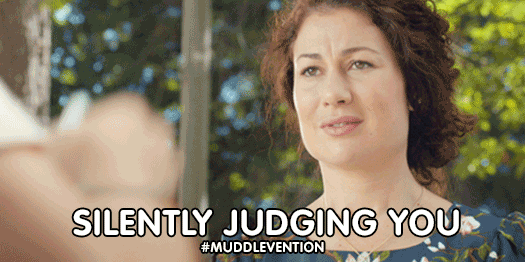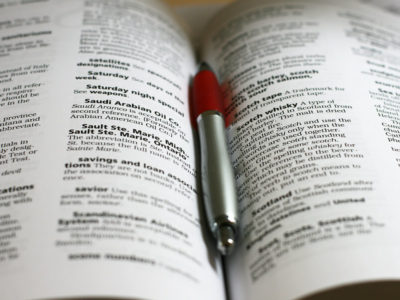AP Style has a funny little way of sneaking into your ear and whispering sweet nothings like, “Didn’t I teach you better than to leave street designations unabbreviated?” Ah, yes, the familiar panic of poring over your article to make sure hyphens are correctly placed and quotes are well-attributed. Writers, have no fear, check out the seven handy tips to keep in mind as you wander further (or is it farther?) down the path of journalism woes.
1. State Your Full (State) Name

One of the more controversial style rules – don’t abbreviate state names within your article, only within datelines. It’s downright blasphemous and goes against everything you’ve been taught, but that’s fine. Change is good. Except for when change completely derails what’s been hammered into your head since you learned you didn’t have to spell out Mississippi.
2. That Almost Never Happens

See that sub header? Take a good look and make sure it’s branded in your memory because that is a journalistic sin. AP Style dictates that these two adverbs should never be side by side. Almost got you there, didn’t I? Instead of throwing your article to the wolves, opt for ‘seldom’ or ‘hardly ever.’
3. Irregardless of the Fact…

Let’s put this to rest right now: Irregardless is not a word. Not today, not yesterday or tomorrow. Irregardless is a flamboyant display of your unabashed shamelessness in using a double negative. Stop the madness now and recognize regardless as the correct word.
4. Hyphen, The Word Changer

Sprinkled throughout the AP Stylebook are words that can be nouns, verbs and adjectives if a hyphen is present. Rule of thumb: With a hyphen, the word is a noun or an adjective. Without the hyphen, it’s a verb. You can sign up on the sign-up sheets. It’s wordplay for the word aficionado. Refer to the Stylebook for special cases, or if you’re unsure.
5. Spilt Milk

In this case, cry and cry hard. Spilt is frowned upon according to our good friend, AP Style. Spilled is the preferred past tense. Although, I don’t see why channeling Ye Olde English is such a style faux pas.
6. The Fault in our “OKs”?

The word ‘okay’ is not ok. Sorry, Hazel and Augustus. The letter “K” seems to do the heavy lifting all on its own, “A” and “Y” aren’t welcome here. We’re talking concision right down to the letter, people.
7. Syllabi Is a Lie

You heard it here first, folks: Syllabi is a lie. According to the AP Stylebook, syllabuses is the correct plural form of syllabus. Syllabi, syllabuses, sylla-whatever: they’re still the bane (or saving grace) of any college student’s existence.



















